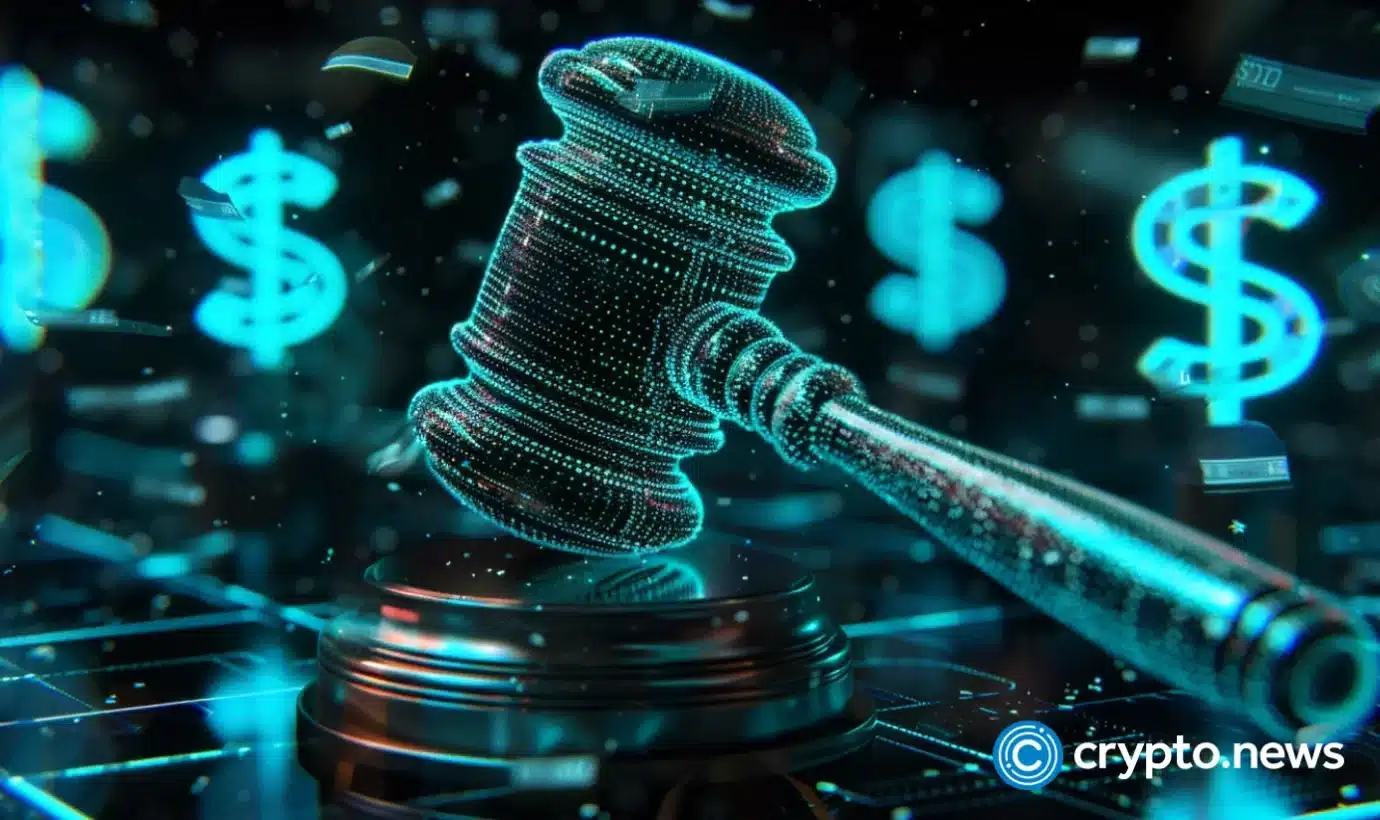SEC charges Unicoin and top executives with $100M fraud over token offering

The U.S. Securities and Exchange Commission has filed a lawsuit against cryptocurrency firm Unicoin Inc. and several of its top executives, accusing them of defrauding investors out of more than $100 million through misleading and unregistered securities offerings.
According to a May 20 complaint filed in the Southern District of New York, the SEC alleges that Unicoin and its leadership, CEO Alex Konanykhin, board member Maria Silvina Moschini, and former chief investment officer Alex Dominguez, made false claims while promoting “rights certificates” tied to a future token, Unicoin.
The company marketed these certificates as asset-backed instruments, supposedly tied to a multi-billion-dollar real estate and pre-IPO equity portfolio. In reality, the SEC claims, the assets backing Unicoin were worth only a fraction of what was advertised.
Of the real estate deals highlighted in Unicoin’s promotional materials, spanning Argentina, Thailand, and the Caribbean, many never closed, and their combined value was estimated at no more than $300 million.
The SEC also disputes Unicoin’s claims that it raised over $3 billion from investors. The agency alleges that actual sales amounted to roughly $110 million, gathered from more than 5,000 investors worldwide.
Additionally, Unicoin reportedly touted its offerings as SEC-compliant or “U.S. registered,” even though the certificates were never officially registered and failed to meet exemption requirements under federal securities law.
Unicoin is also accused of distributing tokens via airdrops without verifying investor accreditation, which the SEC says constitutes another violation. CEO Konanykhin allegedly sold nearly 38 million certificates to investors who had previously been excluded to preserve the company’s legal standing.
Unicoin’s general counsel, Richard Devlin, was also charged for his role in the scheme but has already settled with the SEC. Without admitting wrongdoing, he agreed to pay a $37,500 fine and accepted a permanent injunction.
The SEC is seeking civil penalties, disgorgement of funds, and executive bans against the remaining defendants. In response, Konanykhin has denied the charges and vowed to challenge them in court, claiming the SEC’s actions damaged the company and blocked critical fundraising opportunities.
Despite a massive shift toward more crypto-friendly policies under the Trump administration, the SEC continues to pursue enforcement in cases it views as involving clear fraud.

















